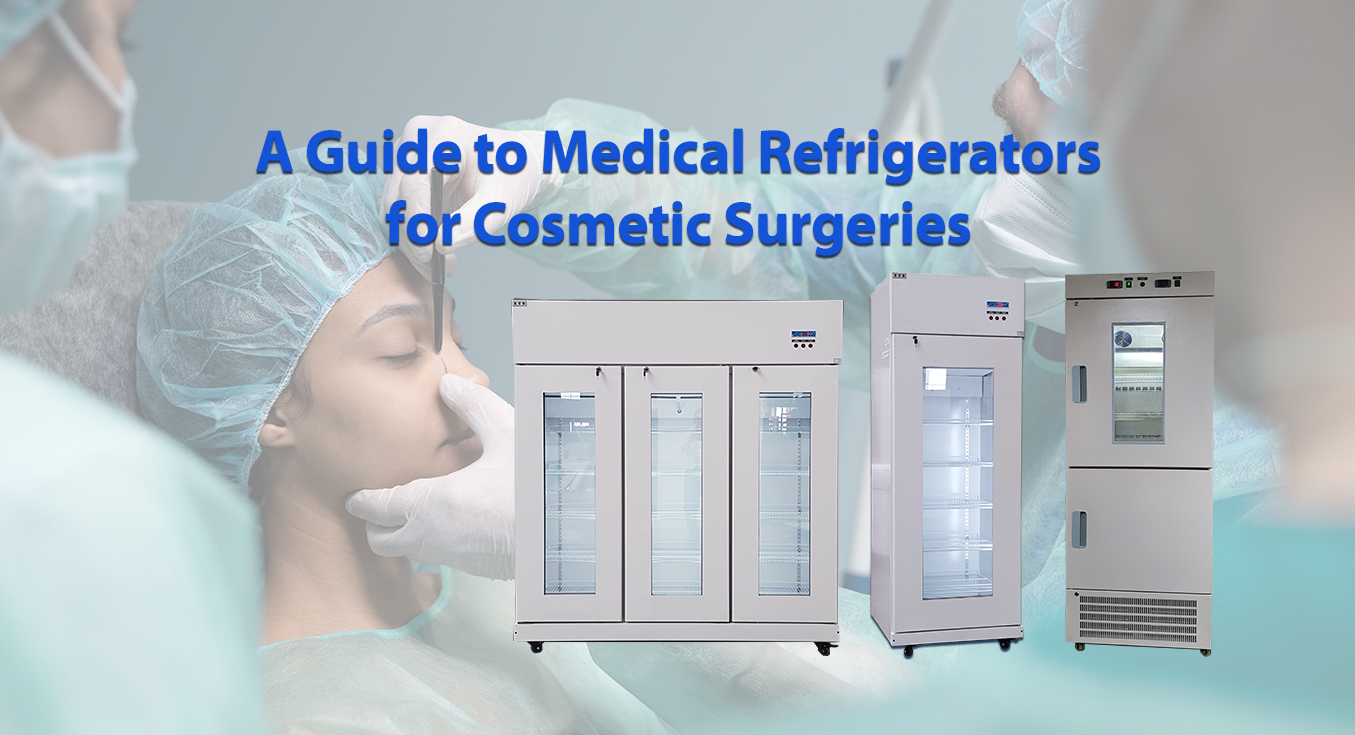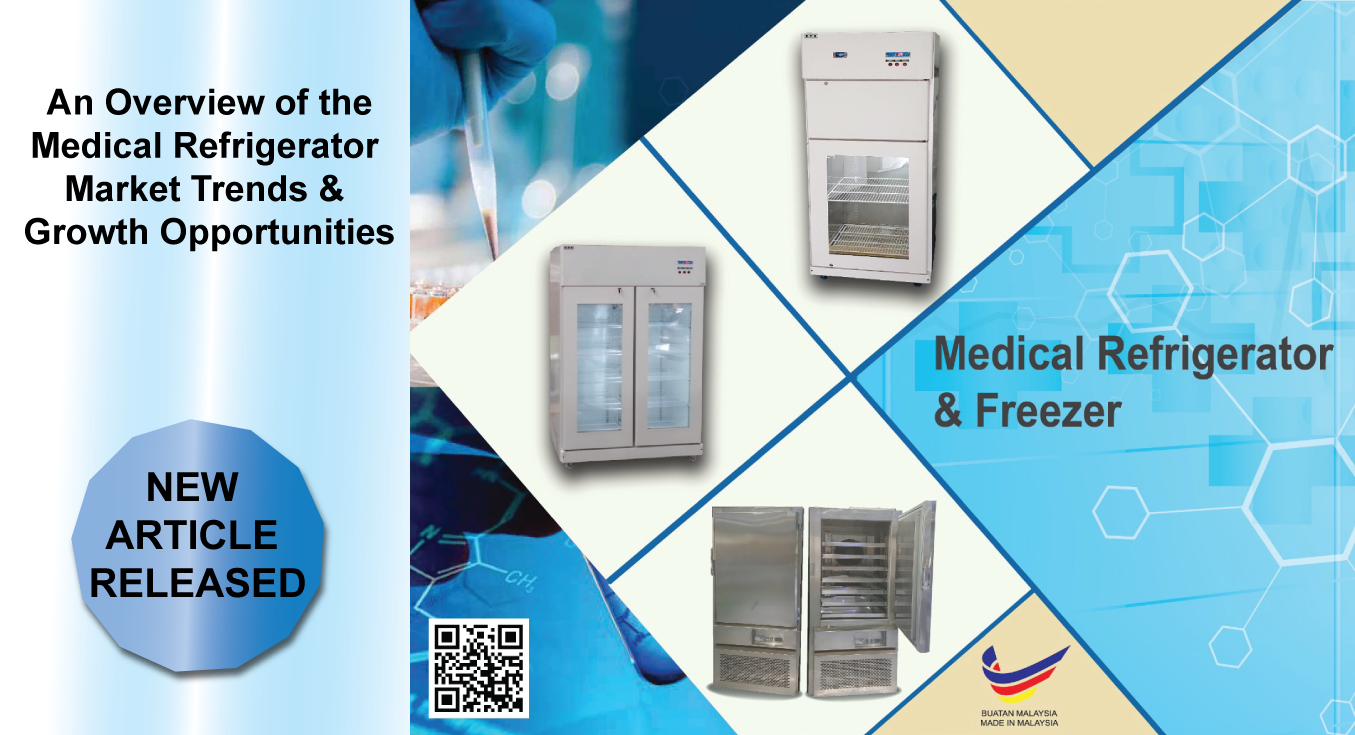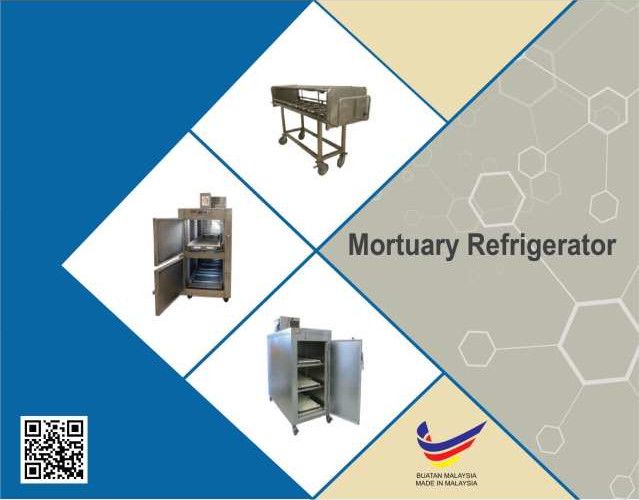The cosmetic surgery industry is a lucrative market for practitioners, with the global market size valued at USD 55.68 billion in 2022 and projected to reach up to USD 75.20 billion by 2030. Even with the dampening effects of the COVID-19 pandemic and the Russia-Ukraine war, the market is forecasted to record a CAGR of 3.9% during the forecast period.
The demand for cosmetic treatments has gained immense traction in recent years as more people have become aware of such procedures and focus on improving their facial features. Social media has played a big part in influencing various age groups to try out treatments for delaying the signs of aging and reducing the impact of skin conditions.
Why Do Cosmetic Surgeries Need Dedicated Medical Fridges?
Cosmetic surgery utilises a number of products such as injectables, botulinum toxin, dermal fillers, soft tissue fillers, absorbable and non-absorbable fillers and more. The usage of medications and serums puts the industry under the purview of medical device regulations or more stringent local regulations based on the country.
According to such regulations, cold chain storage for products requiring refrigeration should generally be maintained between 2°C to 8°C. For cosmetic surgery products that require refrigeration, they are to be stored correctly and be properly maintained.
Therefore, cosmetic surgery facilities such as hospitals, specialty clinics, spas and cosmetic surgery centers, are required to use specialised medical refrigerators. Medical refrigerators are purpose-built for the correct and safe storage of multitude of medicines, vaccines and cosmetic surgery products.
Choosing a Medical Refrigerator for Cosmetic Surgeries
There are a number of factors that will influence your choice of the right model of medical refrigerator for cosmetic surgeries. Here are some guidelines prior to selecting a medical refrigerator:
- Purpose and Importance – Medical refrigerators are crucial for storing medications, injectables, surgical tools, and post-operative care products. The proper storage of such items guarantees their safety, efficacy, and sterility.
- Temperature Control – Medical refrigerators are fitted with sensors that monitor the internal temperature of the refrigerator and have accurate temperature control capabilities, which allows products to remain at optimal temperatures. Look for a model with a digital temperature display for ease of use and ensure that the temperature range of the refrigerator fits your requirements.
- Consistent Cooling – Some medical refrigerators have advanced cooling capabilities, such as fan-forced circulation, that maintains uniform temperature distribution throughout the unit. This helps prevent temperature fluctuations and ensures the integrity of stored items.
- Size and Capacity – Assess the storage needs of your cosmetic surgery facility and select a refrigerator with the appropriate capacity to accommodate medications, surgical supplies and other essentials. In addition, consider the available space in the surgery area while choosing the size of the refrigerator.
- Shelves and Storage Configuration – Medical refrigerators come with adjustable shelves or compartments that can accommodate various sizes of medical supplies, such as vials, ampoules, and medical instruments, allowing you to customise your storage configuration. Shelves are also made easy-to-clean and removable in order to maintain hygiene.
- Door Types – Medical refrigerators can be fitted with either solid, glass or a combination of solid and glass doors. Solid doors provide better insulation and temperature stability while glass doors allow easier visual inspection of the refrigerator contents without frequent door opening.
- Alarm System – Medical refrigerators are usually equipped with standard temperature alarms, visual and auditory alerts to notify staff of temperature deviations or power outages. Timely alerts prevent the spoilage of medications and ensures immediate corrective actions.
- Security and Access Control – Look for medical refrigerators with locking mechanisms or access control features to prevent unauthorised access to sensitive medical supplies.
- Power Backup – Most medical refrigerators are able to be hooked up to external power backup sources, such as generators or batteries to ensure they continue to work during power outages. Discuss with your manufacturer for such backup options to ensure your medical refrigerator continues to work during emergencies.
- Maintenance and Cleaning – Regularly clean and disinfect the interior and exterior of the refrigerator to prevent cross-contamination, mold growth and maintain a sterile environment. Adhere to the manufacturer guidelines for cleaning agents and maintenance method to avoid damaging the refrigerator.
- Temperature Monitoring – Implement a temperature monitoring system via data loggers or digital sensors) to continuously track and record temperature conditions. Maintain up-to-date temperature logs for compliance with regulatory requirements and quality control.
- Defrosting – There are medical refrigerators with manual defrosting and automatic defrosting functions. Automatic defrosting features prevent ice buildup and maintain consistent cooling performance. On the other hand manual defrosting provides full control over the defrost cycle, less power consumption and a more constant internal temperature of the unit.
- Regulatory Compliance – Ensure that the medical refrigerator meets relevant medical device and storage regulations, certifications and guidelines.
- Staff Training – Surgical staff responsible for using the medical refrigerator should receive thorough training, including proper operation, temperature monitoring, and emergency protocols.
- Calibration and Validation – Regularly schedule preventive maintenance for your medical refrigerator which includes calibration and validation to ensure accurate temperature control and compliance with industry standards.
LOOKING FOR A MEDICAL REFRIGERATOR?
ETS offers a range of Medical Refrigerators to suit various requirements. Check out our Pharmaceutical Refrigerators pages for more information.
Drop us a line if you have questions.






